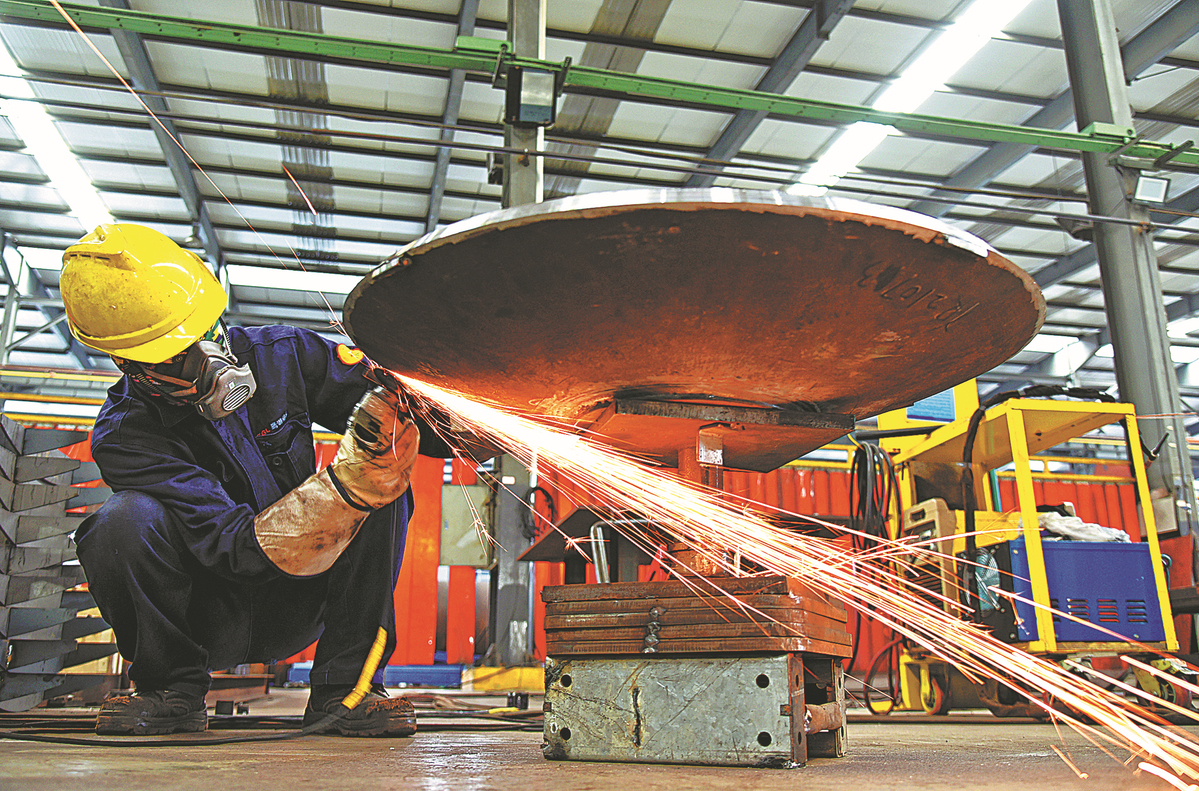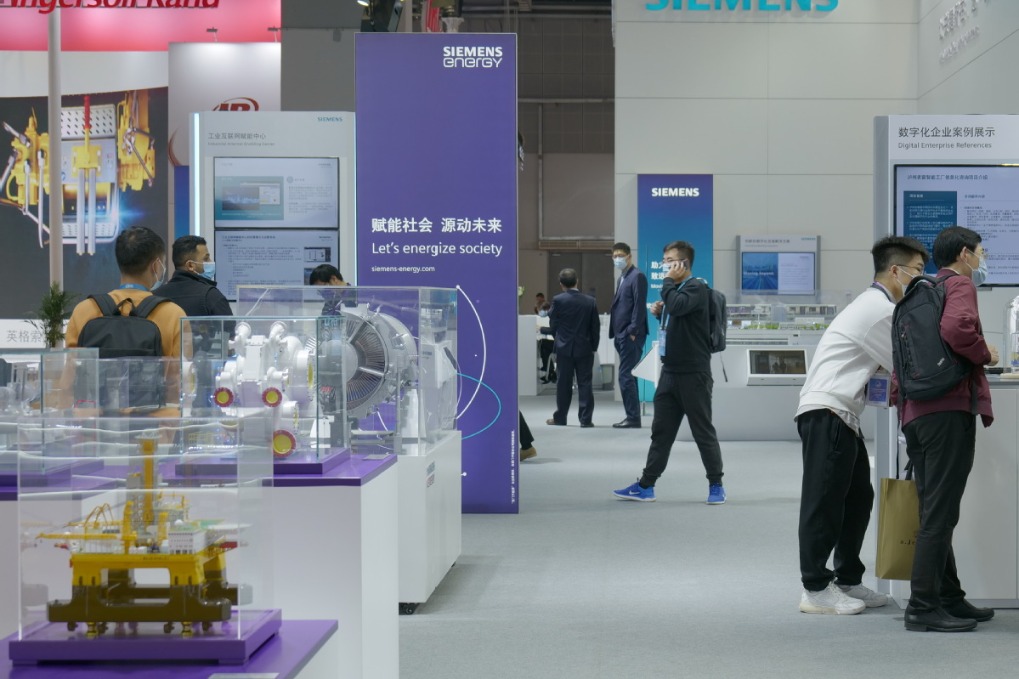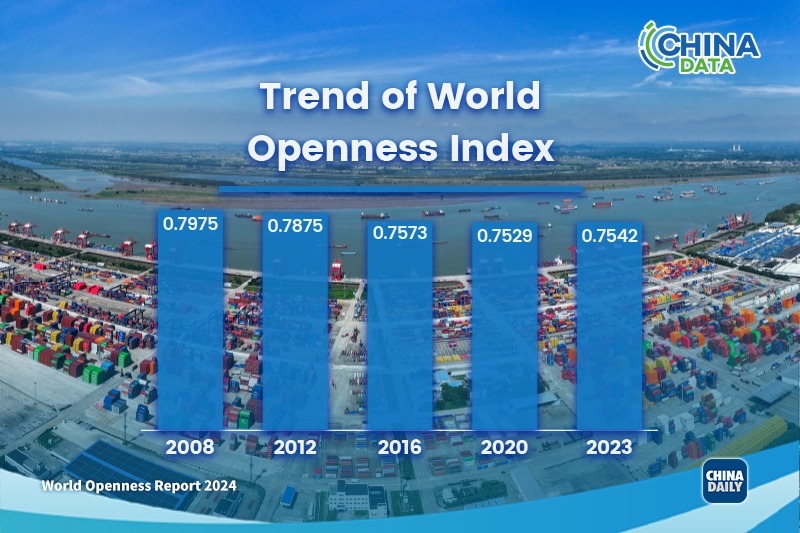SMEs can solidify industrial economy


Smaller firms account for 70% of nation's leading tech innovation
China's greater emphasis on cultivating competitive small and medium-sized enterprises will help further stabilize the industrial chain and trigger the vitality of its industrial economy, officials and experts said.
The comments came after the 2022 Government Work Report said China will work to nurture specialized and sophisticated enterprises that produce new and unique products.
Such enterprises, also nicknamed "little giant" companies, focus on a market niche and master key technologies with strong innovation capacity.
Xiao Yaqing, minister of industry and information technology, said on Tuesday that although "little giant" companies only account for a small proportion of SMEs in China, the average growth rate of their revenues, profit margins and invention patents held are far higher than those of overall SMEs.
"This year, we aim to cultivate 3,000 new national-level 'little giant' companies, and hope that they will become models for other SMEs," said Xiao, who is also a deputy to the 13th National People's Congress.
Over 90 percent of enterprises in China are SMEs, and the favorable policies applied to "little giant "companies should be gradually expanded to other SMEs so as to better buoy industrial growth, he added.
Yang Yuanqing, chairman and CEO of Lenovo Group Ltd, said SMEs are not only an indispensable part of both industrial and supply chains, but also an important source of innovation, and they make significant contributions to employment.
SMEs are responsible for 70 percent of technical innovation in China, according to the Ministry of Industry and Information Technology.
However, in the process of digital transformation, many SMEs face challenges such as weak digital tools, lack of funding and insufficient talent, and some are confused about how to embrace digitalization, said Yang, who is also a deputy to the NPC.
Yang said more efforts are needed to help SMEs grow into "little giant" companies. For instance, a digital transformation acceleration platform could be built to provide digital evaluation consulting, training and funding solutions for SMEs, and an index system could also be developed to better gauge SMEs' digitalization levels so as to offer more targeted help.
He added that established enterprises should assume corporate social responsibility, and drive and support SMEs in the upstream and downstream of industry chains to accelerate their digital transformation. In this way, an ecosystem where large companies and SMEs integrate innovation and development will become possible to support China's real economy.
Zhou Hongyi, founder of cybersecurity company 360 Security Group and a member of the 13th National Committee of the Chinese People's Political Consultative Conference, said large companies should develop more lightweight IT products and easy-to-deploy services to facilitate SMEs' digital transformation, and help them access more technology and talent.
Qu Xianming, an independent manufacturing industry analyst, said innovative SMEs are a key link in the entire industrial chain and their role is irreplaceable.
Cultivating globally competitive "little giants" can help China better stabilize the supply chain and seek high-quality development in manufacturing, Qu said.
"China lags behind developed countries in making certain high-end industrial components, and efforts to nurture SMEs that specialize in one or two products can help the country achieve breakthroughs in crucial areas and complement its industrial structure," he added.




































